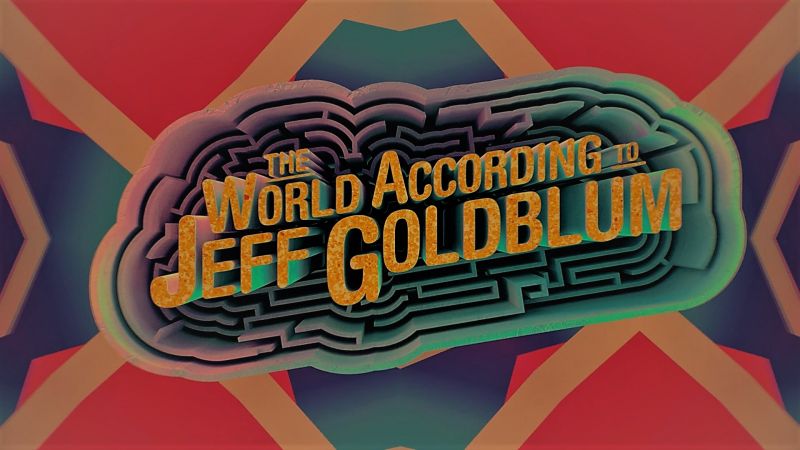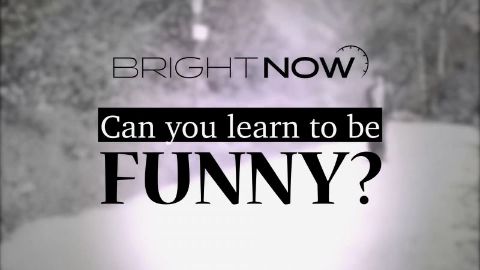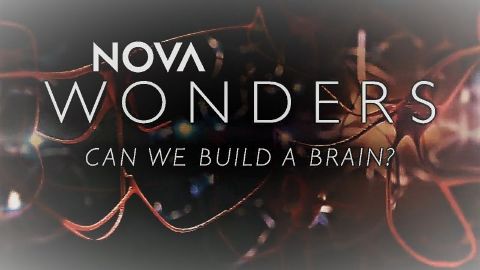The Wisdom of Trauma • 2021
One in five Americans are diagnosed with mental illness every year. Suicide is the second most common cause of death in the US for youth aged 15-24, and kills over 48,300 in the US and 800,000 people globally per year. Drug overdose kills 81,000 in the US annually. The auto-immune disorder epidemic affects 24 million people in the US alone. What is going on? The interconnected epidemics of anxiety, chronic illness and substance abuse are, according to Dr Gabor Mat?, normal - but not in the way you might think.
Make a donation
Buy a brother a hot coffee? Or a cold beer?
Hope you're finding these documentaries fascinating and eye-opening. It's just me, working hard behind the scenes to bring you this enriching content.
Running and maintaining a website like this takes time and resources. That's why I'm reaching out to you. If you appreciate what I do and would like to support my efforts, would you consider "buying me a coffee"?
Donation addresses
BTC: bc1q8ldskxh4x9qnddhcrgcun8rtvddeldm2a07r2v
ETH: 0x5CCAAA1afc5c5D814129d99277dDb5A979672116
With your donation through , you can show your appreciation and help me keep this project going. Every contribution, no matter how small, makes a significant impact. It goes directly towards covering server costs.





